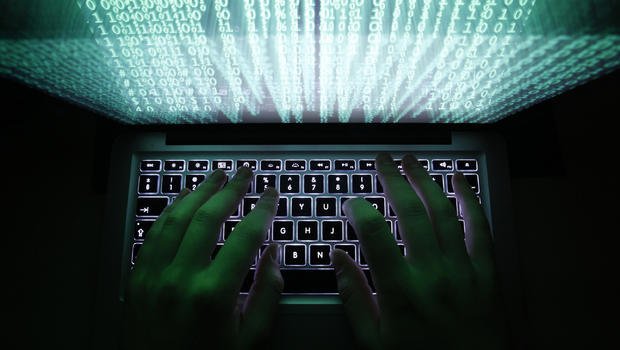Keep your Information Safe from Hackers in 5 ways

The internet is a wonderful place, full of knowledge and entertainment, and most of us are doing more and more digitally with each passing year. For all that the internet is wonderful, there is a dark side: Hackers, both lone individuals and criminal syndicates, are preying on the vulnerable and unwary.
You’ve probably read about some of the high profile hacks targeting large companies and compromising the information and identities of hundreds of millions of people. Those kinds of hacks and intrusions happen on a much smaller scale as well, with hackers targeting individual people with the purpose of identity theft and fraud.
Fortunately, there are a number of things you can do to make yourself less vulnerable to hackers. Here are five ways you can protect yourself.
1. Update Software Regularly
The makers of operating systems and other software you use are constantly discovering vulnerabilities in their structure which makes a person running that software vulnerable to attack. Often, these discoveries come as a result of a successful hack that the makers learn about.
When they discover a vulnerability, they update the software to close the loophole hackers can potentially use to exploit your computer. However, if you don’t update your software, you’re still going to be running the version containing those vulnerabilities. It’s especially crucial to update your OS and web browser, as those tend to be focal points for hackers trying to compromise your computer.
2. Avoid Open Wifi
When setting up your internet connection, make absolutely sure to set a password for your wifi connection rather than letting it be open. If you leave it open, anyone is able to leach off your connection and do whatever they want, which can include downloading illegal files.
Another tip for keeping your internet connection safe is to replace your router every couple of years. Routers sometimes end up with vulnerabilities that don’t get patched over time, so using an outdated router can leave you open to attack.
3. Use Security Software
Make sure to install security programs on your computer. You should have both anti-virus and anti-malware software, as well as anti-spyware program and a firewall. Often times, operating systems come with a firewall prepackaged, but if yours didn’t have one, find one.
If you want to go the extra mile to keep your computer safe, there are programs and software such as a Managed Detection and Response Service that can help detect and respond to cyber attacks. There are a wide range of security programs on the market, so doing some research and picking the right options for yourself is important.
4. Maintain Password Integrity
One of the main ways hackers gain access to data is the simplest way possible: Logging in as a user with that user’s password. Sometimes, hackers exploit people with weak passwords. More often, they steal a password from a database somewhere. There are a couple of things you can do to lessen your vulnerability.
First of all, create a strong password. Longer passwords are better than shorter, and it’s advisable to use a combination of uppercase and lowercase letters, numbers and other characters. Avoid common phrases like ‘123456’, ‘password’ or ‘qwerty’, as these are all too often used as passwords .
If a hacker can get a password of yours for one account, then use that password to access others , as people tend to reuse passwords for multiple accounts. Resist the urge to do this, as doing so will mean that one password being stolen means all your accounts are compromised.
5. Guard Personal Info on Obsolete Devices
Just because you’ve thrown away a computer, phone or tablet away doesn’t mean that it’s gone entirely. If a hacker gets his or her hands on an old device of yours and your personal info is still intact on it, you are at risk. Old devices can store your passwords, personal identity information and more.
If you’re going to sell or throw away any hardware that contains your personal info, makes sure to destroy any and all traces of your personal identity or information before getting rid of it. Using d-ban to erase your hard drive makes it extremely difficult for any hacker to find you information. However, the safest route is to physically destroy the hard drive of any device you won’t be using anymore.

